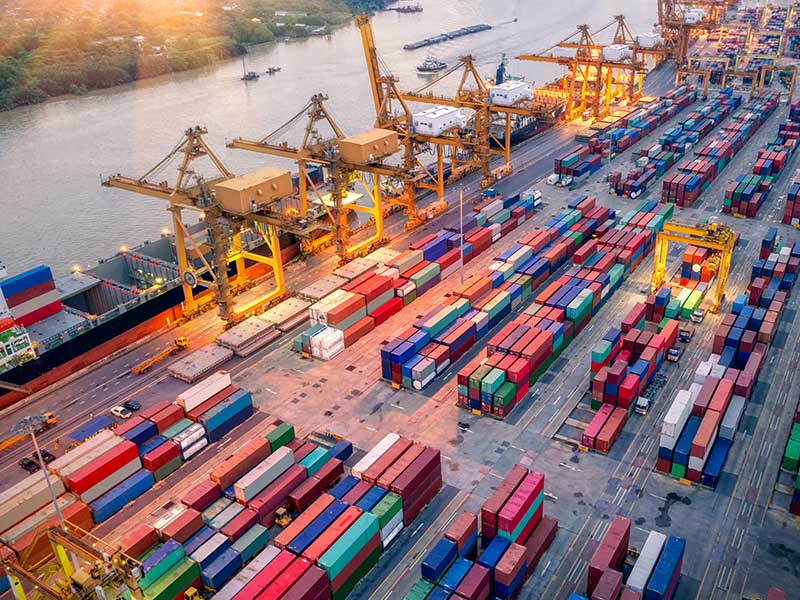The Simplified Trade System Implementation Taskforce has published a second consultation paper and is seeking broad public feedback on options for regulatory, digital and data reforms to the way that Australia handles trade in goods and services.
After two years of engagement with businesses, industry associations, workshops and forums, the Simplified Trade System Implementation Taskforce has published a set of reform options making trade rules and processes simpler and easier to comply with.
The reform proposals include efforts to increase digitisation and data sharing. It also proposes the provision of more integrated trade-related services connected to border security, biosecurity and other community protections.
You can read the STS consultation paper here. The taskforce is seeking community responses to the paper by July 24. The consultation paper was made public through an invitation-only conference of public sector and industry association leaders in Melbourne on Monday.

The Simplified Trade System Implementation Taskforce was established in 2021, headed by former Digital Transformation Agency chief executive Randall Brugeaud.
The STS implementation taskforce has been working in partnership with Australian Border Force, the Department of Agriculture, Fisheries and Forestry (DAFF) and 30 other federal agencies involved in cross-border trade to progress the reform agenda.
This paper sets out a series of reform options, including:
1. The high-level future vision for cross-border trade policy – to help situate the proposed reforms.
2. Regulatory reforms that enable paperless trade; align border regulation that focus on fit and proper person (FPP) tests; cut cross-border trade costs, including exploring the opportunity to develop a future border revenue model; and improving border controls.
3. Digital reforms that explore an Australian Trade Single Window, leveraging the federal government digital identity strategy.
4. Data reforms based on a Cross-Border Trade Data Sharing Framework as a foundation for a ‘tell us once’ model.
5. A Streamlined Cargo Intervention Models to help address border clearance delays.
The STS says two-way goods trade was worth over $1 billion in 2022, but that the World Bank had found that it takes and average of 43 hours to complete documentation and border compliance processes for a typical Australian shipment by sea.
Reducing compliance costs and streamlining administrative burdens would drive productivity growth in Australia and put downward pressure on the cost of imported goods. It would also help Australian trading businesses to remain competitive globally.
Do you know more? Contact James Riley via Email.

